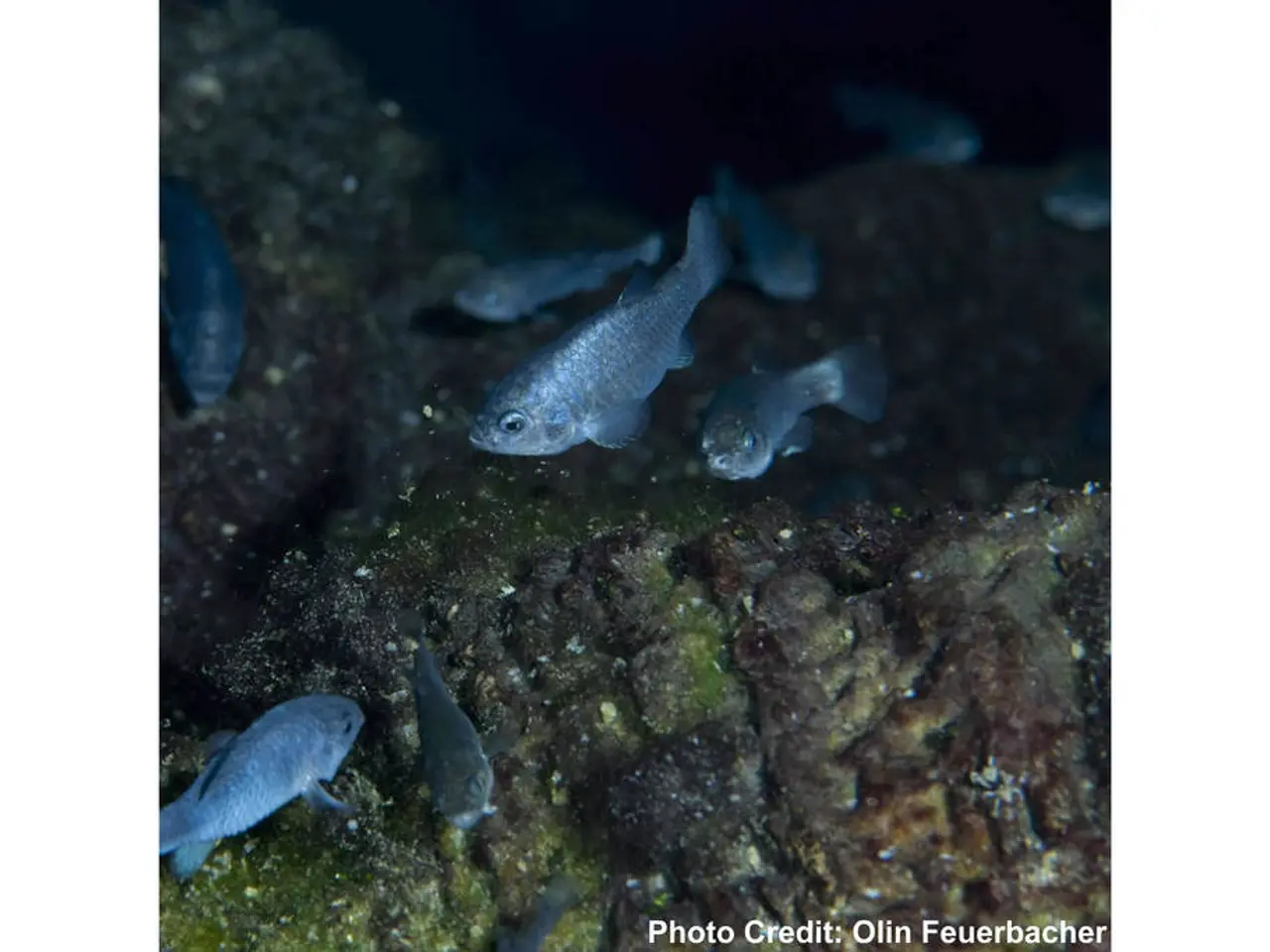Celebrating Progressive Fish Farmers: ICAR-CIFRI Honors Achievers on National Fish Farmers Day 2025
National Fish Farmers Day 2025 Celebrates Growth and Innovation in India's Fisheries Sector
On July 10, the ICAR-Central Inland Fisheries Research Institute (CIFRI) celebrated National Fish Farmers Day 2025 at its headquarters in Bhubaneswar. The event marked a significant step forward for the fisheries sector, with several key announcements and initiatives aimed at driving India's Second Blue Revolution.
During the celebration, 17 new fisheries clusters were launched under the Pradhan Mantri Matsya Sampada Yojana (PMMSY), increasing the total number of clusters nationwide to 34. These clusters aim to strengthen fisheries value chains, promote environmentally sustainable practices, and enhance rural livelihoods in the aquaculture sector. Additionally, 70 fisheries-related projects, with a combined investment of Rs 105 crore, were inaugurated and foundation stones laid across 11 states. These projects are expected to improve infrastructure, capacity, and productivity of fisheries activities.
The ICAR Training Calendar and new guidelines on seed certification and hatchery operations were also released during the event. These initiatives are designed to improve quality standards, technical skills, and efficiency within aquaculture practices, contributing to sustainable and scientific fish farming.
The gathering, which included 120 fishers and farmers, as well as entrepreneurs, researchers, and representatives from NGOs, also recognised and felicitated fishers, cooperatives, Fish Farmer Producer Organizations (FFPOs), and start-ups for their contributions under various government schemes. This acknowledgement highlights the crucial role these individuals play in India’s fisheries growth.
India's fisheries sector has seen rapid growth, with a record production of 18.42 million tonnes in 2024-25, making it the second-largest fish producer globally. Inland fisheries constitute nearly 75% of total production, supporting over 3 crore livelihoods.
The event was graced by Dr. Sukanta Majumdar, Union Minister of State for Education and Development of the North Eastern Region, Government of India. In his address, Dr. Majumdar urged fish farmers to adopt modern technologies developed by CIFRI and utilize schemes like PMMSY to enhance fish production.
To mark the occasion, Honourable Minister released several publications and products of ICAR-CIFRI. Dr. B.K.Das, Director of the institute, also signed MOUs with two wetlands of North 24 Parganas, West Bengal.
Dr. Das emphasised the institute's research in improving productivity in reservoirs and wetlands, river restoration, sustainable development goals (SDGs), and environmental flow requirements. He also encouraged award-winning farmers to share their experiences with fellow stakeholders to help uplift rural livelihoods.
The celebration served as a platform for dialogue between fishers, scientists, entrepreneurs, and policymakers, reinforcing the vision of a prosperous inland fisheries sector aligned with the national goal of Viksit Bharat-a developed India. The event also paid tribute to the pioneering achievement in fish breeding—the 1957 success in induced breeding of Indian Major Carps by Prof. Dr. Hiralal Chaudhury and Dr. K. H. Alikunhi—an innovation that originally sparked the country’s growth in inland aquaculture.
In summary, National Fish Farmers Day 2025 marked a significant step forward with infrastructure expansion, scientific capacity building, and sustainable development efforts under PMMSY, reinforcing the foundation for India’s Second Blue Revolution in fisheries.
In the wake of National Fish Farmers Day 2025, there is a growing emphasis on the intersection of science and health-and-wellness, as the newly launched fisheries clusters aim to promote environmentally sustainable practices and enhance rural livelihoods in the aquaculture sector.
The event also emphasized the importance of environmental-science, with the ICAR-Central Inland Fisheries Research Institute (CIFRI) researching ways to improve productivity in reservoirs and wetlands, and working towards sustainable development goals (SDGs).




